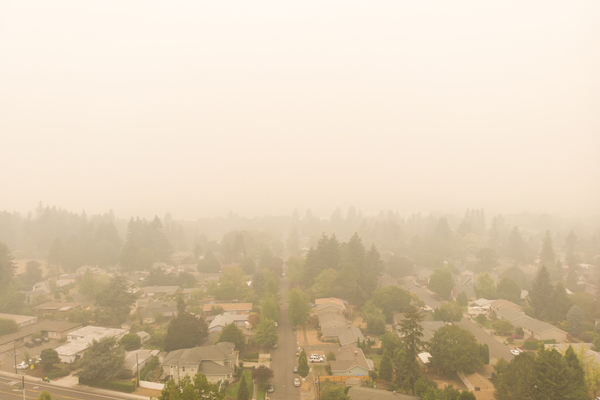Plumes of smoke spewing from wildfires across Canada have filled the sky over the contiguous United States in recent weeks, resulting in unhealthy air quality and hazy conditions hundreds and even thousands of miles away from the blazes.
With the Canadian wildfire season off to an unprecedented start and wildfire season in the U.S. still months away from its predicted peak, it is likely that smoke will make more frequent appearances in the sky this summer compared to previous years.
According to AccuWeather meteorologists, high-altitude smoke, like what was seen over the Midwest and Northeast on Thursday, June 15, can have some effect on air quality near the ground, but for stargazers, it can have significant implications.
A thin layer of wildfire smoke can make it difficult to see many of the dimmer stars, constellations and planets. Thicker smoke can block out views of the night sky entirely, making it virtually impossible to witness events such as the gathering of Venus, Mars and the moon on this year’s Solstice.
In addition to the shorter nights during the weeks surrounding the solstice, an uptick in moisture in the atmosphere during the summer months can make the sky appear slightly fuzzy. The increase in humidity is why stars do not appear to twinkle as much in the summer compared to the clear and cold nights of winter.
If wildfire smoke continues to spread across the sky throughout the summer, it could potentially block out views of several major astronomy events, including the highly-anticipated Perseid meteor shower on the night of Saturday, Aug. 12, into the early morning of Sunday, Aug. 13.
—
Photo Credit: Anton27 / Shutterstock.com
